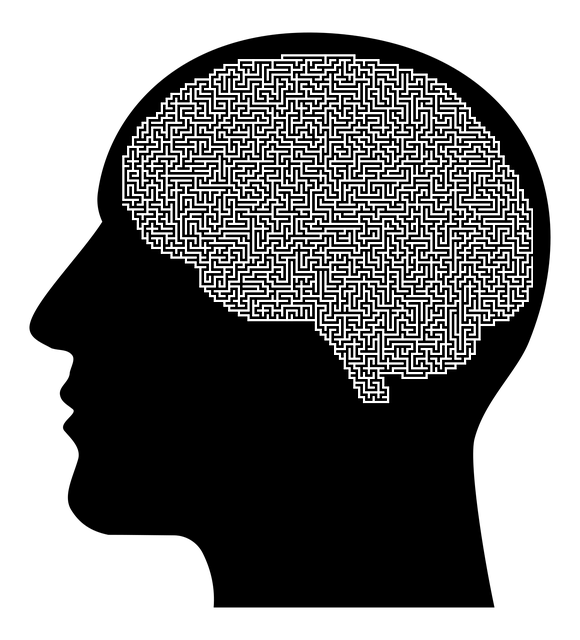Mental health data analysis is a game-changer in treating Attention Deficit Disorder (ADD) and ADHD, enabling healthcare professionals to identify effective treatments and personalize interventions. By interpreting complex data through APIs, clinicians can make informed decisions and adapt treatments promptly, leading to improved patient satisfaction and clinical outcomes. To ensure Superior ADD-ADHD Therapy, it's crucial to implement robust data management strategies, optimize API integrations, and employ advanced analytics techniques to overcome challenges like Gateway Timeouts, thus enhancing timely care and treatment adaptability.
Mental health data analysis is a powerful tool for understanding and improving well-being. In this article, we explore the significance of interpreting mental health trends, focusing on Attention Deficit Disorder (ADD) and Attention-Deficit/Hyperactivity Disorder (ADHD). By delving into evidence-based strategies and utilizing advanced analytics, we can tailor Superior ADD-ADHD Therapy, enhancing diagnosis, treatment plans, and overall patient outcomes. Discover how data-driven insights revolutionize mental healthcare, offering hope and effective solutions for better minds and lives.

Mental health data analysis plays a pivotal role in understanding and improving patient outcomes, especially for conditions like Attention Deficit Disorder (ADD) and Attention Deficit Hyperactivity Disorder (ADHD). By delving into comprehensive datasets, healthcare professionals can identify patterns and trends that highlight effective treatment modalities. This approach allows for the development of tailored interventions and Superior ADD-ADHD Therapy strategies. Through rigorous analysis, researchers can disentangle what works best for different patient segments, ensuring personalized care.
Interpretation of these data is crucial in navigating the complex landscape of mental health. It enables clinicians to make informed decisions, adapt treatment plans, and ultimately enhance patient satisfaction and clinical outcomes. By combining robust data analysis with evidence-based practices, healthcare systems can offer more effective Superior ADD-ADHD Therapy, fostering better lives for individuals dealing with these challenges.
API responded with status code 504.

In the realm of mental health data analysis, understanding and interpreting complex information is crucial for delivering effective treatments, especially in managing conditions like Attention-Deficit/Hyperactivity Disorder (ADD-ADHD). When integrating various data sources to gain insights into patient progress, API responses play a pivotal role. However, challenges arise when an API returns a status code 504 Gateway Timeout—a signal that the server didn’t receive a timely response from an upstream server. This issue can hinder the analysis process, particularly in urgent cases where real-time data is essential for making informed decisions about ADD-ADHD therapy.
The delay or failure in API responses may be attributed to various factors, including network latency or system overload. For mental health professionals, it’s imperative to have robust and responsive systems to ensure superior ADD-ADHD therapy outcomes. Implementing efficient data management strategies, optimizing API integrations, and employing advanced analytics techniques can help overcome these challenges. By ensuring seamless data flow and timely responses, healthcare providers can access critical information promptly, enabling them to adapt treatment plans accordingly and ultimately enhance patient care.
Mental health data analysis is a powerful tool, especially when it comes to understanding conditions like ADD/ADHD. By utilizing advanced techniques and technology, such as APIs, professionals can gain valuable insights into treatment effectiveness. While challenges like status code 504 (Gateway Timeout) may arise, the benefits of accurate interpretation far outweigh these technical hiccups. With proper analysis, healthcare providers can tailor superior ADD-ADHD therapy, ensuring personalized and effective care for improved patient outcomes.














